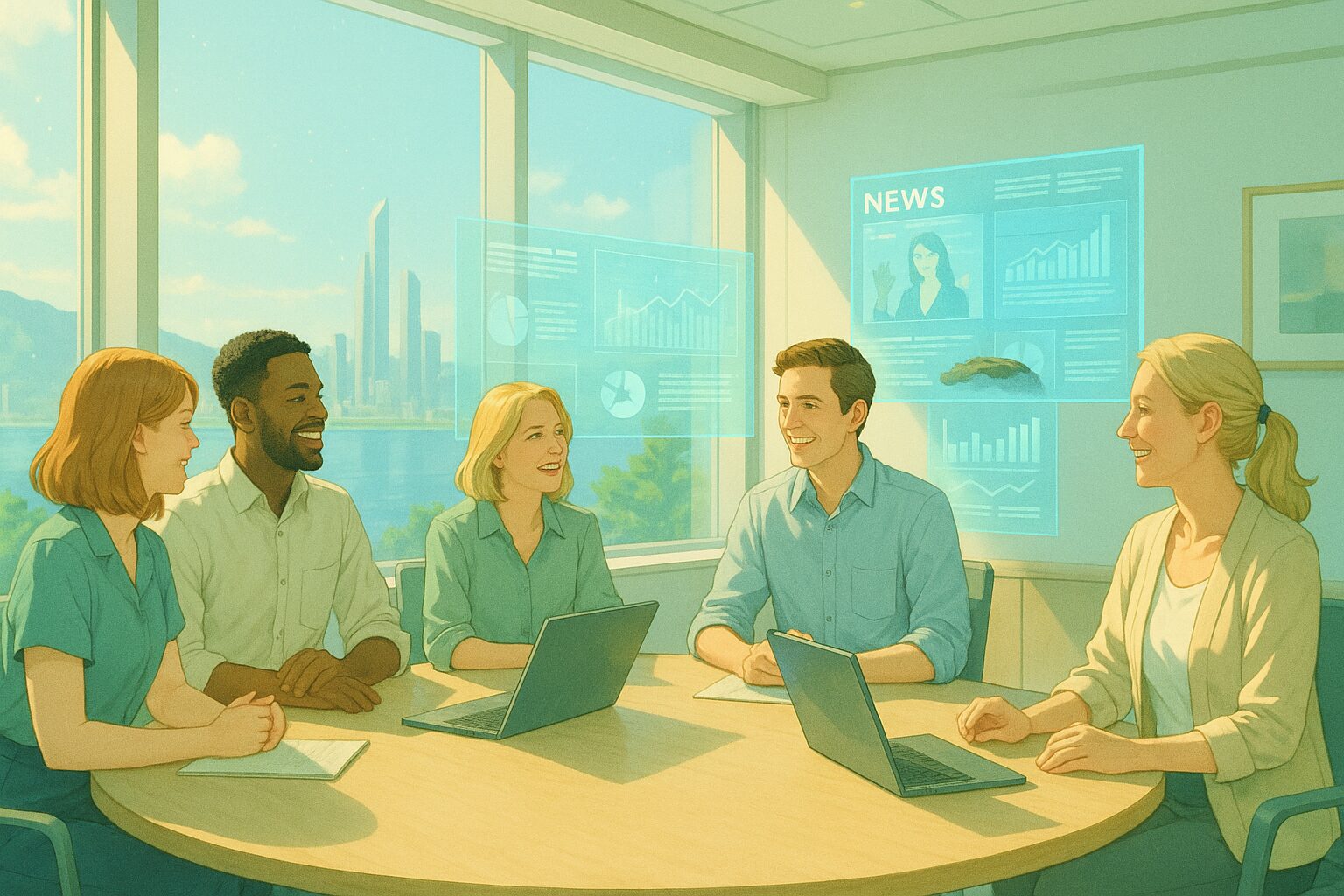How Would Ethiopia Hosting COP32 Change Our Future?
The Ethiopian government has announced its candidacy to host the United Nations Climate Change Conference (COP32) in 2027. This seemingly mundane news could actually have a significant impact on our future. If this trend continues, what kind of world awaits us?
1. Today’s News
Source:
The DailyMail- Kenya
Summary:
- Prime Minister Abiy of Ethiopia officially announced the application to host COP32 in Ethiopia in 2027.
- This decision aims to position Ethiopia as a center for climate diplomacy and innovation.
- In a speech at the Second African Climate Summit, the symbolic significance of Ethiopia was emphasized.
2. Considering the Background
Ethiopia’s application to host the climate conference goes beyond just an event; it reflects a growing awareness of climate change across the African continent. For Africa, a region particularly affected by global warming, climate change mitigation is a critical challenge for survival. Ethiopia’s move may hold the potential to change the global climate policy landscape. So, if this trend continues, what will our future look like?
3. What Does the Future Hold?
Hypothesis 1 (Neutral): A Future Where Climate Conferences Become Routine
By hosting COP32, Ethiopia will encourage other African countries to actively participate in international climate conferences. This will lead to climate conferences becoming more commonplace, permeating environmental awareness not only in the region but also in people’s daily lives. As a result, sustainable living will become a shared global consciousness.
Hypothesis 2 (Optimistic): A Future Where Ethiopia Becomes a Leader in Climate Change Measures
Successfully hosting COP32 would establish Ethiopia as a leader in climate change measures. New technologies and policies will emerge one after another, prompting other countries to follow its successful example. This will promote technological innovation and lead to significant advancements in ecological lifestyles worldwide.
Hypothesis 3 (Pessimistic): A Future Where Local Issues Are Overlooked
If Ethiopia fails to play a central role in climate change efforts, there is a risk that local issues may get buried. International attention may wane, leaving local climate challenges neglected. Consequently, the pathway to a sustainable future may become unclear, exacerbating inequalities between regions.
4. Tips for Us
Mindset Tips
- Reconsider how our lives impact the global environment.
- Reflect on what choices are possible by maintaining a focus on sustainability in our daily lives.
Small Practical Tips
- Start by practicing waste separation and recycling to reduce environmental impact.
- Collaborating with local environmental organizations to share sustainable activities in the community can also be effective.
5. What Would You Do?
- How will you support Ethiopia’s success and the advancement of climate change measures across Africa?
- How will you change your own daily actions regarding environmental issues?
- How will you communicate local climate issues internationally?
What kind of future did you envision? Please share it through SNS quotes or comments.









